Living as an experienced homesteader off the grid, I have gained valuable insights into the challenges and rewards of a self-sufficient lifestyle. Whether it’s overcoming natural disasters, extreme weather conditions, or unexpected circumstances, being prepared for emergencies is crucial for any homesteader.
In this article, I will share with you 15 essential items you should have to safeguard your homestead during any type of emergency.
Drawing from my own experiences, I will highlight how these items have helped me protect and maintain my self-sufficient lifestyle in the face of adversity and how you could do the same.
Emergency Food Supply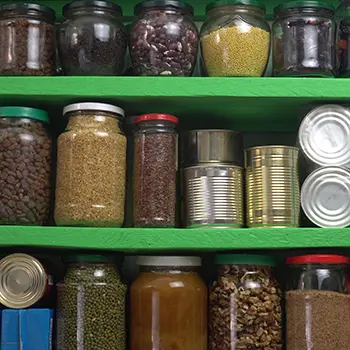
A well-stocked pantry is a lifeline during emergencies. Canned goods, dried foods, and preserved items from your garden are invaluable. I have always maintained a sufficient supply of staples like beans, rice, pasta, and canned fruits and vegetables. These non-perishable items provide nutrition and sustenance when access to fresh produce is limited.
In case of an emergency, you don’t know how long it will take until you can go outside to procure your own food again, so you need to have assured a stockpile for at least a few days, or even weeks.
Water Filtration System
In an emergency, access to clean water may become compromised. Investing in a reliable water filtration system is essential.
I have a gravity-fed water filter that removes impurities, ensuring a safe and potable water supply. Additionally, I harvest rainwater with a catchment system, providing an additional source of water for gardening and livestock.
Backup Power Source
To maintain essential systems during power outages, a backup power source is invaluable.
I rely on solar panels to generate electricity for my homestead. With a reliable solar power system, I can power critical appliances, keep my livestock warm or cool, and maintain communication during emergencies.
Generators
While solar panels are my primary power source, I keep a backup generator for extended periods of low sunlight or when solar power is insufficient. This ensures a consistent power supply for essential needs.
Emergency Seeds And Planting Supplies
In times of crisis, having a well-stocked supply of emergency seeds and planting materials can be a lifeline for your homestead’s food production. Choose non-GMO, heirloom seeds for a variety of vegetables, fruits, and grains that are suitable for your climate and growing conditions. Store them in a cool, dry place in airtight containers to ensure their viability over time.
Additionally, keep essential planting supplies like potting soil, compost, and gardening tools readily available. In an emergency, these supplies will enable you to start planting and growing food immediately, ensuring a steady food source for your family and livestock.
By having emergency seeds and planting materials at the ready, you can continue to sustain your self-sufficiency and maintain a thriving homestead, even when faced with unexpected challenges. Regularly assess and replenish your seed stockpile to ensure you are well-prepared for any eventuality.
Emergency Lighting
During power outages, proper lighting is crucial for safety and convenience. I rely on rechargeable LED lanterns, flashlights, and battery-powered candles to provide illumination when the grid goes down.
These energy-efficient lighting options ensure a long-lasting and reliable light source.
First Aid Kit
Accidents happen, and having a well-equipped first aid kit is essential. I keep a comprehensive kit that includes basic medical supplies, bandages, disinfectants, over-the-counter medications, and emergency tools. Regularly check and replenish the supplies in your kit to ensure readiness.
I also have The Home Doctor book for a while. It’s a helpful resource that I encourage you to have on your shelf. This book is a 304-page doctor-written and approved guide on how to manage most health situations when help is not on the way.
Fire Extinguishers
As a homesteader, fire safety is a top priority. I have strategically placed fire extinguishers throughout my property, ensuring quick access in case of a fire emergency.
Regularly inspect and recharge extinguishers to keep them in optimal working condition.
Emergency Communications
During emergencies, reliable communication is vital. I have a battery-operated weather radio, a portable ham radio, and a cell phone with backup power to ensure I can stay connected with my loved ones and keep up with the latest news.
Shelter And Insulation
Harsh weather conditions require adequate shelter and insulation. I have reinforced my livestock shelters and barns to withstand strong winds and heavy snowfall.
Additionally, I keep a stock of insulation materials such as hay bales or straws to provide extra warmth during harsh winters.
Backup Heating And Cooling Systems
Extreme temperatures can be life-threatening. I have backup heating systems, such as wood-burning stoves and propane heaters, to ensure the comfort and safety of my family and livestock during power outages.
In hot climates, having backup cooling methods like shade cloths and natural ventilation is crucial.
Emergency Evacuation Supplies
In certain situations, evacuating your homestead may be necessary. I keep emergency evacuation supplies, including essential documents, personal identification, and a bug-out bag with all the necessary items to survive for a couple of months to even a few weeks.
Additionally, I maintain a reliable vehicle in good working condition for evacuation purposes.
Tools And Equipment
A well-stocked toolbox is essential for any homesteader. It includes basic hand tools, a generator maintenance kit, a chainsaw for clearing fallen trees, and a stockpile of spare parts.
These tools enable me to carry out repairs and maintain essential systems during emergencies.
Protective Gear
Personal safety is crucial during emergencies. I have a collection of safety gear, including sturdy work boots, gloves, goggles, masks, and reflective vests.
These items ensure my well-being when conducting repairs, securing the property, or dealing with potentially hazardous situations.
Community Support
Building strong relationships within your homesteading community is invaluable during emergencies.
By establishing connections with neighboring homesteaders, we support each other during challenging times, sharing resources, information, and assistance when needed.
Conclusion
Being prepared for emergencies is an essential aspect of the homesteading lifestyle. Remember, preparedness is a continuous process, so regularly review and update your emergency supplies to ensure their effectiveness.
With the right tools and a resilient mindset, you can confidently face any adversity and continue to thrive on your homesteading journey.
You may also like:
Off-Grid Tools You Need To Have On Your Property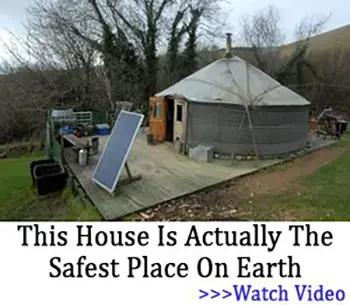
Cheap and Easy to Build Root Cellar in Your Own Backyard (Video)
7 Powerless Items You’ll Need After An EMP
How You Can Find Out If Your Homestead Water Is Polluted Or Clean

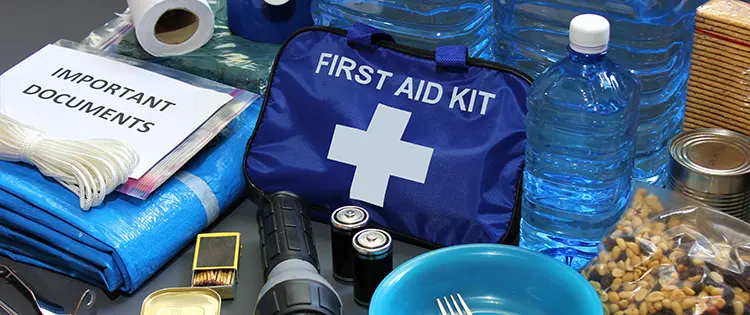
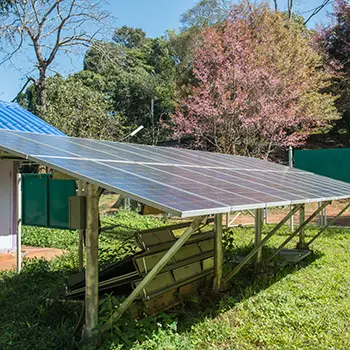
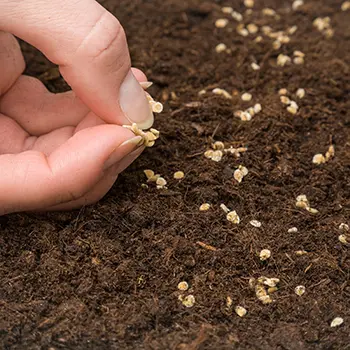
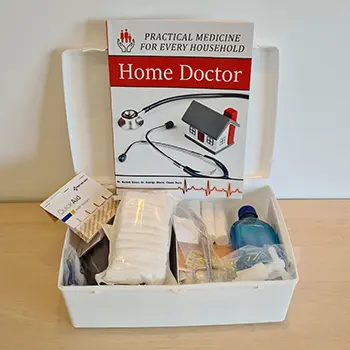
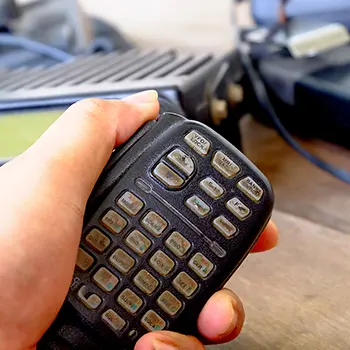
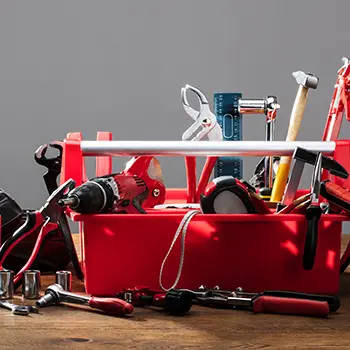








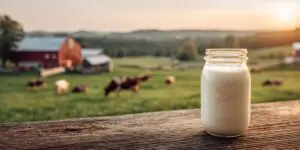
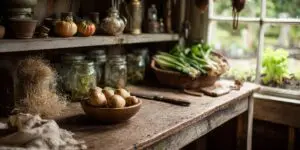
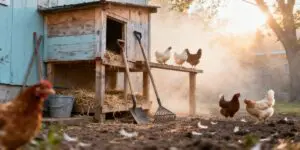

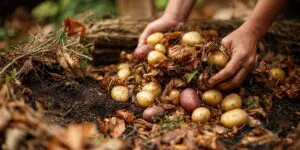
This is a really useful article. Thanks very much